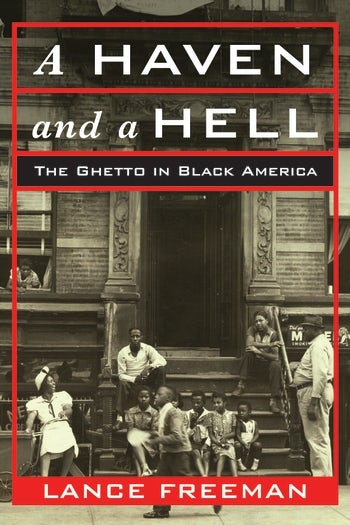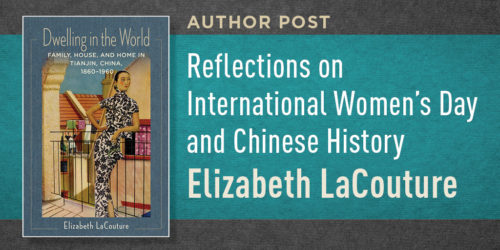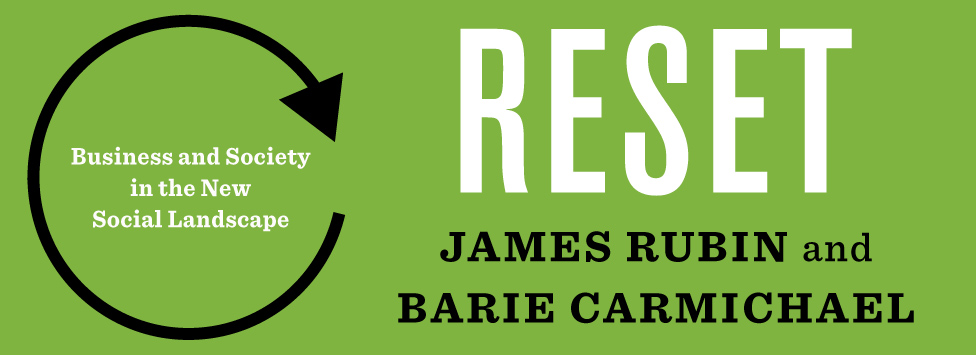Walter Cronkite and Fred Friendly — a post by Ralph Engelman

The following is a post by Ralph Engelman, author of Friendlyvision: Fred Friendly and the Rise and Fall of Television Journalism.
Walter Cronkite’s recent death prompted thoughts about the complex relationship between the great anchor and Fred Friendly. The mixed feelings were very apparent when I interviewed Cronkite in 1999 for Friendlyvision, my biography of Friendly.
For one thing, their relationships with Edward R. Murrow differed. Friendly virtually deified Murrow, who was his hero, mentor and partner. Whereas Murrow never understood—or forgot—Cronkite’s refusal to accept the offer to leave United Press and join the CBS team of “Murrow Boys” in Europe during the Second World War. Hence, despite mutual respect, the Murrow-Cronkite relationship remained cool and distant.
When Friendly became president of CBS News in 1964, his relationship with Cronkite got off to an unfortunate start. The national political conventions took place that year, and Friendly was under pressure to reverse the preeminence of NBC’s Huntley-Brinkley team in political coverage. Cronkite felt constrained by Friendly’s attempts to micromanage coverage of the Republican National Convention. “Fred came in and totally tore the thing apart,” Cronkite told me. As a result, Cronkite’s performance was sub par.
Following the Republican Convention, CBS chairman Bill Paley put pressure on Friendly to remove Cronkite from coverage of the Democratic National Convention scheduled to be held in Atlantic City later in the summer. After much soul-searching and against his better judgment, Friendly removed Cronkite—claiming that the decision was his alone. It represented the low-point of Cronkite’s career. Friendly would subsequently say it was the worst decision he ever made. The episode would forever rankle Cronkite.
Cronkite overcame this setback in establishing himself as the nation’s preeminent nightly anchor. He and Friendly were subsequently on the same page when it came to removing Don Hewitt as Cronkite’s executive producer. Cronkite respected Hewitt’s enterprise but considered him something of a loose canon. Friendly removed Hewitt by offering him a bogus “promotion.”
Cronkite felt that Friendly was less ethical than Richard Salant, who preceded and followed Friendly as CBS news president. I once asked Cronkite how he got away with his famous February 1968 broadcast in which he said that the Vietnam war was unwinnable and required a negotiated settlement—given that CBS president Frank Stanton and President Johnson were extremely close. This was the broadcast that prompted LBJ to say that if he’d lost Walter Cronkite he’d lost the nation’s support for the war. Cronkite replied that Salant was stalwart in providing a shield for him. The implication was that Friendly might not have acted similarly, having failed to take a stand against Paley four years earlier.
To be sure, Friendly had his contradictions and flaws. Yet from a biographer’s perspective, he is a much more compelling figure than the iconic and more one-dimensional figure of Walter Cronkite. Cronkite’s status as the great news anchor of the now-receding network era of television is secure. Friendly’s trajectory—his personality no less than his career—was less focused and stable, messier, you might say. He had a more ambitious agenda as a news and public affairs innovator. He insisted that television had to become a better, indispensable instrument to inform the public. He set an example by developing a succession of public affairs formats linked to new communication technologies to realize that agenda. This quest is the essence of Friendlyvision, and it speaks to the future of television news as well as to our past.
Despite their differences and run-ins, the Friendly Cronkite relationship was always cordial. Friendly frequently invited Cronkite to speak to his journalism classes and the minority journalism training program at Columbia University. And Cronkite spoke in 1992 at a tribute at Fordham University on the occasion of Friendly’s 77th birthday, recalling fondly how as a young man in the Midwest he heard an early radio broadcast by Friendly, hardly suspecting he was listening to his future boss.






